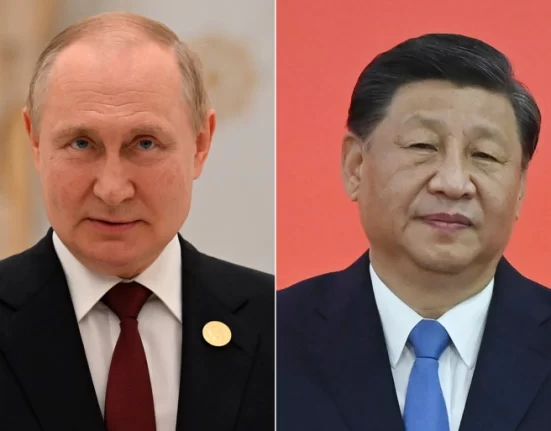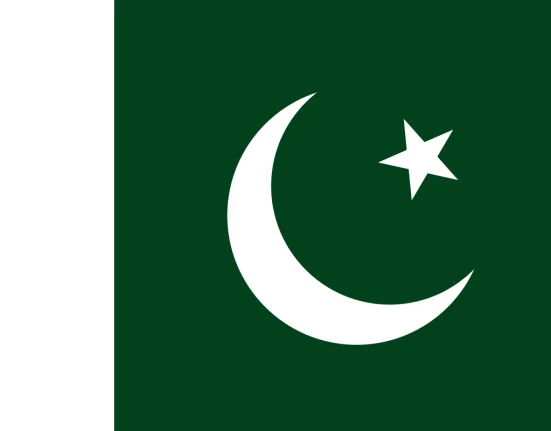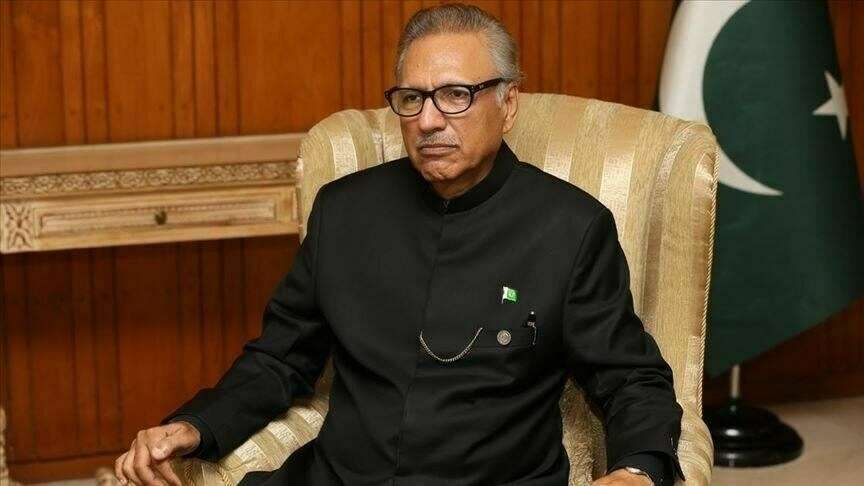Islamabad: The President sent the Supreme Court (Practice and Procedure) Bill 2023 back to Parliament for revision under Article 75 of the Constitution. This bill is beyond the power of Parliament. The bill can be challenged in court if it is legally artificial and insufficient (colourable legislation). I think it is appropriate to return this bill for full scrutiny and reconsideration. The President said that the Constitution confers appellate, advisory, review and preliminary hearing powers on the Supreme Court. Article 184-3 of the proposed bill deals with preliminary jurisdiction of the court. The purpose of the proposed bill is to provide a procedure for exercising preliminary jurisdiction and appeal. This idea may be admirable, but can this goal be achieved without amending the provisions of the Constitution? Dr. Arif Alvi said that the recognized law is that constitutional provisions cannot be amended through a general legislation. can be done Constitution is the supreme law, the father of laws. Constitution is not a general law, but an embodiment of fundamental principles, supreme law and law above other laws. Article 191 empowers the Supreme Court to make rules to regulate judicial proceedings and procedures. The President said that the Supreme Court Rules, 1980 were made under the provisions of the Constitution which were ratified by the Constitution itself. Supreme Court Rules 1980 are being implemented since 1980. Tampering with the examined rules may amount to interfering with the internal functioning, autonomy and independence of the court. The jurisdiction, power and role of the three pillars of the state are defined by the Constitution itself. Under Article 67, Parliament is empowered to make rules to regulate its procedures and business subject to the Constitution. Under Article 191, the Supreme Court may make rules to regulate its proceedings and procedure, subject to the Constitution and the law. Articles 67 and 191 are similar to each other. Articles 67 and 191 recognize the autonomy of both in making rules. Both Article 67 and 191 prohibit the institutions from interfering with the authority.
About Us
Roze Tv is a Pakistan National News Channel Under the Supervision of The Most senior Journalist Sardar Khan niazi.which is showing the Real Face of Pakistan ....







